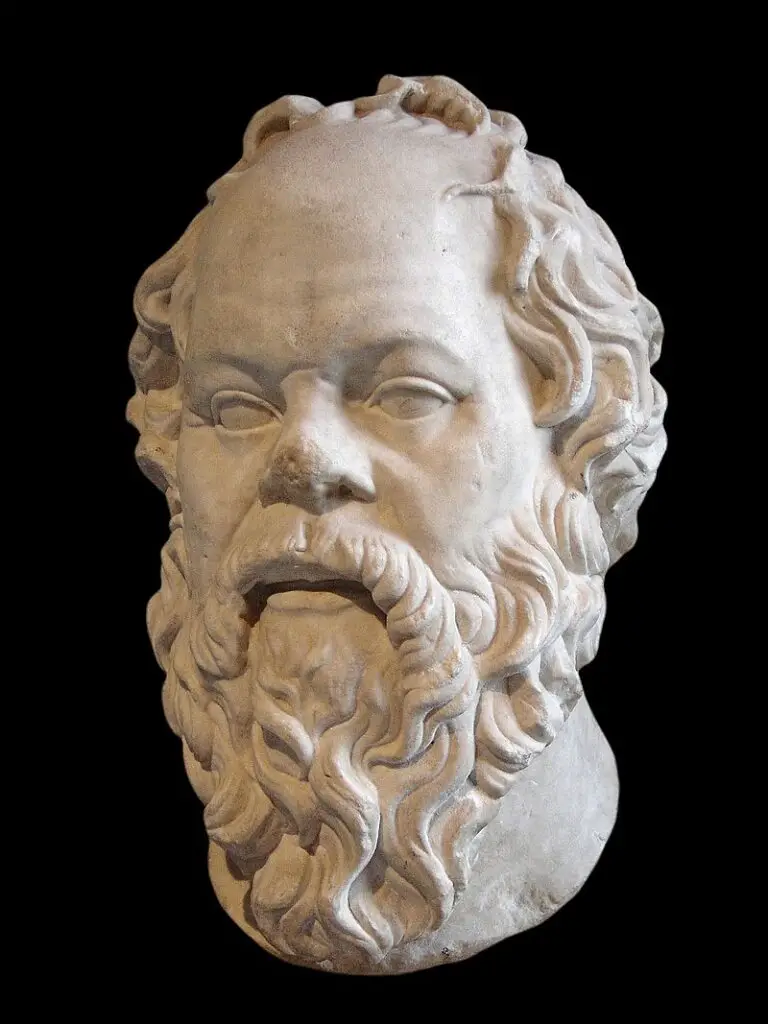The life and teachings of Prophet Muhammad (peace be upon him), often referred to as the final messenger of Islam, hold immense significance for millions of Muslims around the world. His life serves as a model of piety, compassion, and leadership, and his teachings provide guidance on matters of faith, morality, and social justice. Despite the challenges he faced, Muhammad’s character, wisdom, and devotion to God led him to become the most influential figures in human history.
Born in Mecca, Arabia, in the year 570 CE, Muhammad ibn Abdullah belonged to the Quraysh tribe, which held a prominent position in Arabian society. Orphaned at a young age, Muhammad was raised by his grandfather and later by his uncle. Despite his humble beginnings, he earned a reputation for honesty, integrity, and wisdom, earning the title of “Al-Amin” (the trustworthy) among his peers.
At the age of 25, Muhammad married Khadijah, a wealthy and respected businesswoman who was 15 years his senior. Their marriage was characterized by mutual love, respect, and support, and Khadijah played a pivotal role in comforting and encouraging Muhammad during his spiritual revelations later in life.
Muhammad’s spiritual journey began in his early 40s when he received the first of many revelations from Allah (God) through the angel Gabriel while meditating in the Cave of Hira near Mecca. These revelations, which continued over a period of 23 years, formed the basis of the Islamic scripture, the Quran, which Muslims believe to be the verbatim word of God.
The message revealed to Muhammad emphasized the unity of God (tawhid), the importance of faith, and the moral and ethical principles that should govern human conduct. Muhammad’s mission as a prophet was to convey this message of monotheism, social justice, and moral rectitude to the people of Arabia, who were steeped in ignorance, tribalism, and idol worship.
Despite facing opposition and persecution from the Quraysh tribe and other powerful factions in Mecca, Muhammad continued to preach the message of Islam with unwavering conviction and determination. He called upon people to abandon their polytheistic beliefs, uphold justice and equality, care for the poor and marginalized, and establish peace and harmony in society.
In 622 CE, facing escalating hostility and threats to his life, Muhammad and his followers migrated to the city of Yathrib, later known as Medina, marking the beginning of the Islamic calendar. This migration, known as the Hijra, not only ensured the safety of the Muslim community but also laid the foundation for the first Islamic state based on principles of justice, equality, and consultation (shura).
In Medina, Muhammad’s role expanded beyond that of a religious leader to that of a statesman, judge, and military commander. He established a constitution that guaranteed the rights of all citizens, regardless of religion or ethnicity, and fostered alliances with neighboring tribes to ensure the security and stability of the fledgling Muslim community.
Muhammad’s teachings encompassed all aspects of life, providing guidance on matters of faith, worship, morality, family life, economics, and governance. The Quran, supplemented by the sayings and actions of Muhammad (known as the Hadith), serves as the primary sources of Islamic law and ethics, known as Sharia.
One of the central tenets of Muhammad’s teachings was the importance of sincerity and devotion in worshiping Allah. He emphasized the concept of tawhid (the oneness of God) and called upon believers to submit to God’s will with humility and gratitude. Prayer (salah), fasting (sawm), charity (zakat), and pilgrimage (hajj) were prescribed as acts of worship that strengthen one’s relationship with God and foster spiritual growth.
Muhammad also stressed the importance of moral virtues such as honesty, compassion, humility, patience, and forgiveness. He exemplified these virtues in his own life, treating friends and foes alike with kindness and generosity. His famous saying, “The best among you are those who have the best manners and character,” underscores the significance of moral excellence in Islam.
In matters of social justice, Muhammad advocated for the rights of the poor, widows, orphans, and slaves, challenging the prevailing social hierarchies and injustices of his time. He implemented measures to alleviate poverty, promote economic equity, and ensure the fair treatment of all members of society. His teachings on social justice continue to inspire efforts to combat poverty, inequality, and oppression in contemporary contexts.
Muhammad’s teachings also addressed issues related to family life and interpersonal relationships. He emphasized the sanctity of marriage, the rights and responsibilities of spouses, and the importance of nurturing strong family bonds. He encouraged mutual respect, communication, and compassion within families, laying the groundwork for harmonious and fulfilling relationships.
As a leader and statesman, Muhammad demonstrated principles of consultation, justice, and good governance. He sought the counsel of his companions in making important decisions, promoted accountability and transparency in public affairs, and upheld the rule of law. His leadership style, characterized by humility, integrity, and service to others, serves as a model for ethical leadership in both religious and secular contexts.
Throughout his life, Muhammad faced numerous challenges, including armed conflicts, betrayal, and personal losses. Yet, he remained steadfast in his commitment to spreading the message of Islam and establishing a just and compassionate society. His unwavering faith, resilience, and perseverance continue to inspire Muslims around the world to overcome adversity and strive for excellence in all aspects of life.
Muhammad passed away in the year 632 CE in Medina, leaving behind a legacy that transcends time and space. His life and teachings continue to shape the lives of billions of Muslims worldwide, serving as a source of guidance, inspiration, and hope. As Muslims strive to emulate the example of Muhammad in their daily lives, they seek to uphold the values of faith, compassion, justice, and service to humanity that he exemplified.










